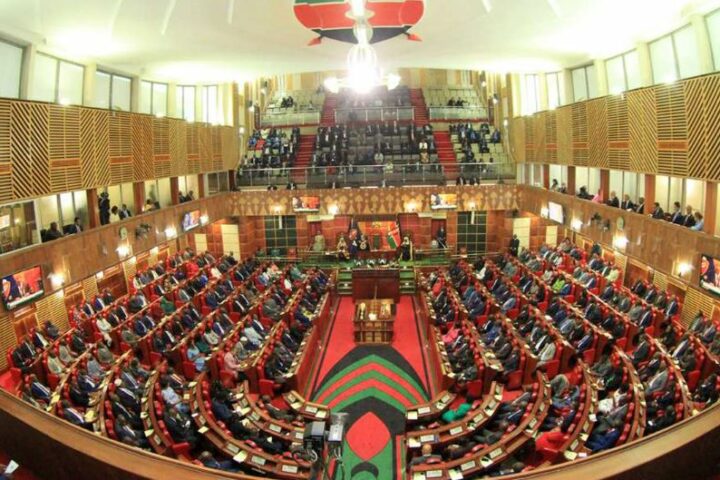
This article explores various approaches to tailor bedwetting solutions to your child’s specific needs. Personalised solutions can ensure peaceful nights for the whole family.
These strategies provide targeted support by addressing the unique aspects of each child’s situation. Families can find relief and improve their youngsters’ overall well-being.
Understanding Bedwetting
Bedwetting is a natural part of childhood for many. It typically occurs because the bladder’s capacity hasn’t yet caught up with the body’s ability to produce urine or because the child hasn’t yet learned to wake up when their bladder is full.
Bedwetting can also be influenced by genetics, with a higher likelihood if a parent experiences it. Understanding these essential factors is the first step towards finding a solution.
Identifying Your Child’s Needs
Every youngster is different, and so are their bedwetting patterns and needs. To tailor an effective solution, it’s crucial to observe and understand these patterns. Note the frequency of bedwetting incidents, any changes in behaviour, and any potential triggers, such as stress or dietary changes.
Consulting with a paediatrician can provide additional insights and help rule out medical conditions that might contribute to bedwetting.
Behavioural Strategies
Behavioural strategies can be highly effective in managing bedwetting. These methods focus on creating positive habits and reducing anxiety related to bedwetting.
Establishing a regular bathroom routine before bed and encouraging your child to void their bladder twice – once at the beginning of the bedtime routine and again right before sleeping – can be helpful. Implementing a reward system for dry nights can also motivate and reassure your child.
Fluid Management
Managing fluid intake is another key strategy. Please encourage your child to drink most of their fluids earlier in the day and reduce intake in the evening. However, it’s important not to restrict fluids excessively, as this can lead to dehydration. Instead, aim for a balanced approach where your child stays hydrated during the day and has a reasonable limit on evening drinks.
Alarm Systems
Bedwetting alarms are a popular tool for helping children develop awareness of their bladder signals. These alarms detect moisture and wake the child, teaching them to recognise the sensation of a full bladder. Over time, this can help the child learn to wake up before an accident occurs. Success with bedwetting alarms often requires patience and consistency, as it can take several weeks to see results.
Medical Interventions
In some cases, medical interventions might be necessary. Desmopressin is a medication that reduces urine production at night and can be prescribed for short-term use. Another option is anticholinergic medications, which help increase bladder capacity. Always consult with a professional to discuss potential benefits and risks before starting any medication.
Emotional Support
Emotional support is crucial for children dealing with bedwetting. Reassuring your youngster that bedwetting is a common issue and not their fault creates an environment where they feel safe to talk about their feelings and experiences. Avoid punishment or adverse reactions, as these can increase anxiety and exacerbate the problem. Instead, focus on positive reinforcement and encouragement.
Creating a Comfortable Sleep Environment
A comfortable sleep environment can also significantly contribute to managing bedwetting. Ensure your child’s bed is equipped with waterproof mattress covers and that they have easy access to the bathroom. Dim nightlights can help children navigate the bathroom if they wake up at night. Comfortable, breathable sleepwear can also improve overall sleep quality.
Parental Involvement and Consistency
Consistency is key when implementing any bedwetting solution. Parents play a critical role in maintaining routines and providing support. Track progress and regulate strategies as needed based on what works best for your youngster. Regularly reviewing and celebrating successes, no matter how small, can help build your child’s confidence and commitment to the process.
Professional Guidance
Seeking professional guidance can deliver additional support and insights. Paediatricians, urologists, and child psychologists can offer specialised advice tailored to your child’s needs. They can also help rule out any primary medical conditions and provide resources for further support.
Tailoring bedwetting solutions to your child’s needs requires understanding, patience, and consistency. Utilising tools like bedwetting alarms and seeking professional guidance when necessary further enhances the effectiveness of these strategies.
Remember, every youngster is unique, and a personalised approach is the most effective way to address bedwetting, ensuring a positive and supportive experience for both the youngster and the family.








